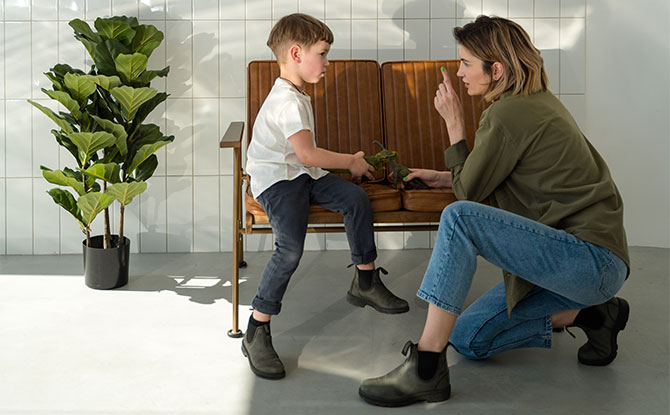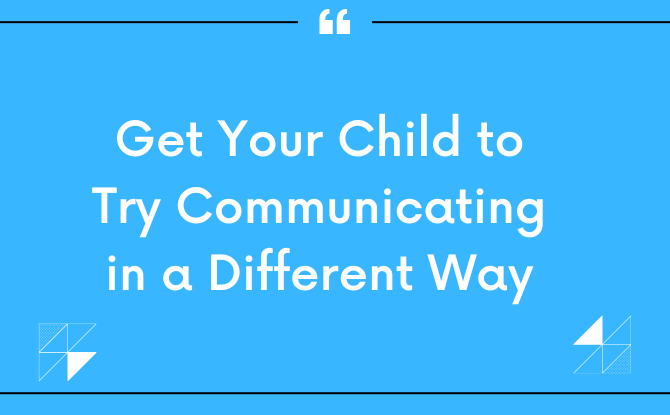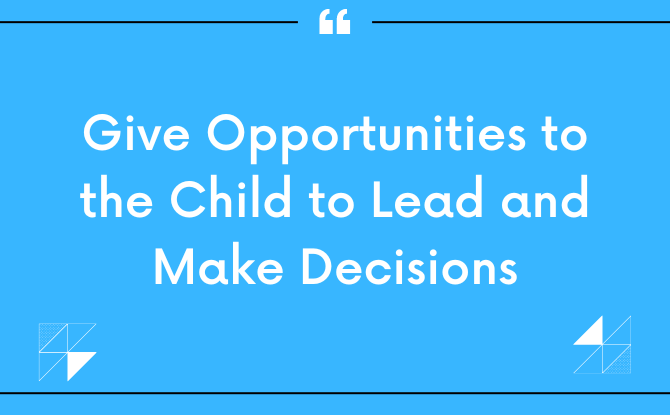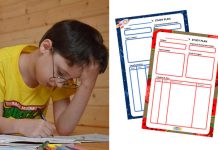
Whether you have a toddler, threenager, tween or teen at home, they might display similar behaviour and start “talking back”. When your child talks back to you as a parent, it can end up something like this:
“No I won’t.”
“I hate you.”
“Why can’t I do that?”
FREE FOR LITTLE DAY OUT PARENTS: Sign Up for a Free Trial with ACT 3 Academy to Find Out If Drama Classes are Right for Your Child
3 Recycling Adventures: Fun Ideas For Kids & Families
1:1 & Small Group English Lessons: How to Get Personalised, English Help
“Says who?”
There are many reasons why your child talks back – it can stem from an unmet need and emotion: hunger, exhaustion, frustration, anger. They could also be testing boundaries on what is acceptable, assert their independence and opinions, or simply learnt it from someone else.
While we want to discourage this behaviour, we could gather the underlying reasons for the backtalk and encourage respectful communication at the same time. Let’s see five ways to respond to our child when he or she talks back.
How to Respond When Our Child Talks Back: What Parents Can Do
1. Count to 10 before Reacting
Instead of reacting, we can only respond respectfully when we are calm. Pause before responding – take a deep breath or count to ten.
2. Connect before Correcting
Either through physical touch, or a gentle voice, acknowledge the child.
“Honey, you sound very frustrated. But that doesn’t mean you should be speaking to me in this tone.”
“Wow, that attitude you are having reminds me of Oscar the Grouch. Want to tell me why you are sounding rude?”
“Ok, let’s take five and talk about it in five minutes.”
De-escalating the tension helps with the progress of conversation and increases the likelihood of a peaceful resolution as opposed to a top-down approach.
Especially as our children reach teenagehood, we do not merely want a cursory resolution and a grudging obedience, but a solution that both parties can arrive at together.
3. Get Your Child to Try Communicating in a Different Way
Sometimes, our children even the youths need help with the right words to use. We can help them by using aids and prompts.
“Can you say it in another way?”
“Let’s try it again.”
“You can use the words: I think, I feel, I disagree because…”
Giving our children the tools to use guide them towards learning to be a better human being and a more effective communicator. Merely admonishing them might not yield results in the long run.
4. State Boundaries & Consequences Clearly
Remind your child of boundaries that should not be crossed. The expressing of views and opinions, for instance, should be done in a respectful manner.
If rules are broken, there should be consequences for the offender – whether parent or child. This also means the adults should be modelling the right behaviour.
5. Give Opportunities to the Child to Lead and Make Decisions
This might sound counter-intuitive, but giving your child an opportunity to make decisions can help hone his or her ability to consider the perspectives of others. It can be difficult as a child to have to constantly take instructions, commands, directions of an adult. Turn the tables around and let the child lead – for instance planning the next family meal.
It can turn into a planning exercise as it requires the consideration of many factors: diet, budget, the opinions of others, weather, accessibility and more.
Perhaps having to listen to mum and dad might be a much easier task in contrast!
This also teaches your child to put on the shoes of other decision makers and might learn why being on the receiving end of talking back is surely unpleasant and unwelcome.






















